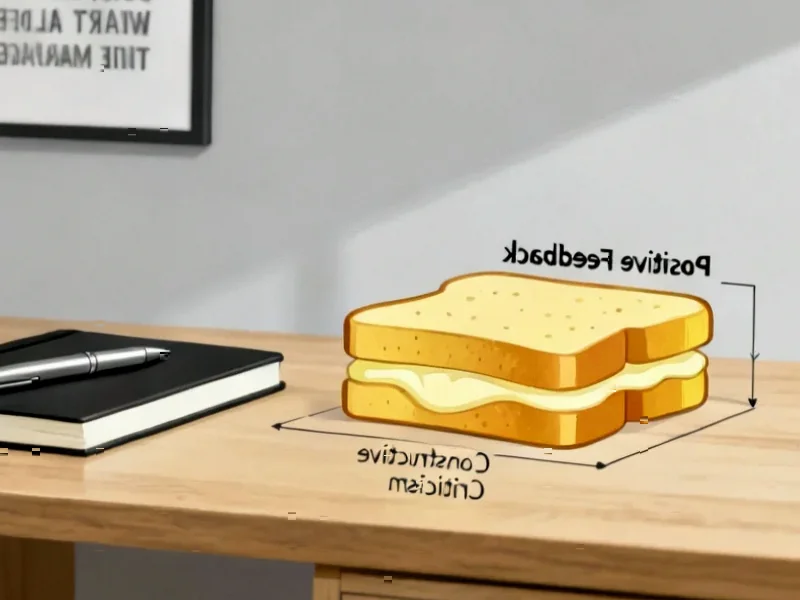According to Inc, Jeff Bezos has maintained a morning routine centered around “puttering” since at least 2018, involving reading newspapers, having coffee, and breakfast with his children before school. His wife Lauren Sanchez confirms he continues this practice of slow, offline activities to clear and center his mind for high-quality daily decision-making. Psychological research supports this approach, with studies showing that six minutes of mindful dishwashing reduced nervousness by 27% and increased inspiration by 25%. Experts describe puttering as a therapeutic form of mindfulness that provides small wins and increases perceived control, which reduces physical stress markers and creates mental space for fresh ideas to emerge.
The Strategic Value of Cognitive Reset
What appears as simple puttering represents a sophisticated cognitive management strategy that directly impacts business performance. When leaders like Bezos intentionally create mental space through low-stakes activities, they’re essentially performing a cognitive reset that clears decision-making pathways. The business world often glorifies constant activity and packed schedules, but this approach frequently leads to decision fatigue and diminished returns on mental energy. Strategic puttering serves as an antidote to the cognitive overload that plagues many executives, creating conditions for breakthrough thinking that structured brainstorming sessions often fail to deliver.
The Neuroscience of Leadership Performance
The science behind puttering reveals why this practice delivers tangible business benefits. When we engage in mindless tasks that require minimal brain participation, we activate the brain’s default mode network—the same neural circuitry responsible for creative insight and problem-solving. This state allows for what researchers call “incubation,” where the subconscious continues working on complex problems while the conscious mind rests. For leaders facing multi-million dollar decisions, this mental state can mean the difference between mediocre and exceptional outcomes. The research on environmental psychology further supports how less visually crowded spaces reduce cognitive load, allowing for sustained focus on strategic priorities.
Building Organizational Resilience Through Mindful Practices
The implications extend beyond individual performance to organizational culture and resilience. Companies that encourage similar practices may see reduced burnout, improved decision quality, and enhanced innovation. When leaders model balanced approaches to work, they create permission structures for entire organizations to prioritize mental clarity over mere activity. The BBC’s analysis of puttering highlights how proactive, useful activities increase perceived control—a crucial factor in managing workplace stress and maintaining team morale during challenging periods. This approach represents a fundamental shift from measuring productivity by hours worked to evaluating outcomes based on clarity of thought and quality of decisions.
Implementing Strategic Downtime in Business Culture
Forward-thinking organizations are beginning to recognize that structured downtime and environmental management directly impact bottom-line results. The challenge lies in shifting from a culture that rewards constant busyness to one that values deliberate pauses. Companies might consider designing workspaces that facilitate moments of mental respite, scheduling buffer time between meetings, and training leaders to recognize the signs of cognitive overload. As attention research from Princeton demonstrates, reducing environmental distractions allows the brain to maintain focus over longer periods—directly translating to improved performance on complex business challenges.
The Future of Executive Productivity
Bezos’ approach signals a broader evolution in how we understand executive effectiveness. The era of glorifying 80-hour work weeks and sleep deprivation as badges of honor is giving way to more scientifically-grounded approaches to peak performance. The most successful leaders of the coming decade will likely be those who master the art of strategic rest and mental space creation. As Sophie Lucido Johnson’s exploration of puttering suggests, the simple act of addressing minor environmental “itches” provides psychological benefits that compound into significant professional advantages. This represents not just a personal preference but a competitive business strategy backed by emerging understanding of human performance.




